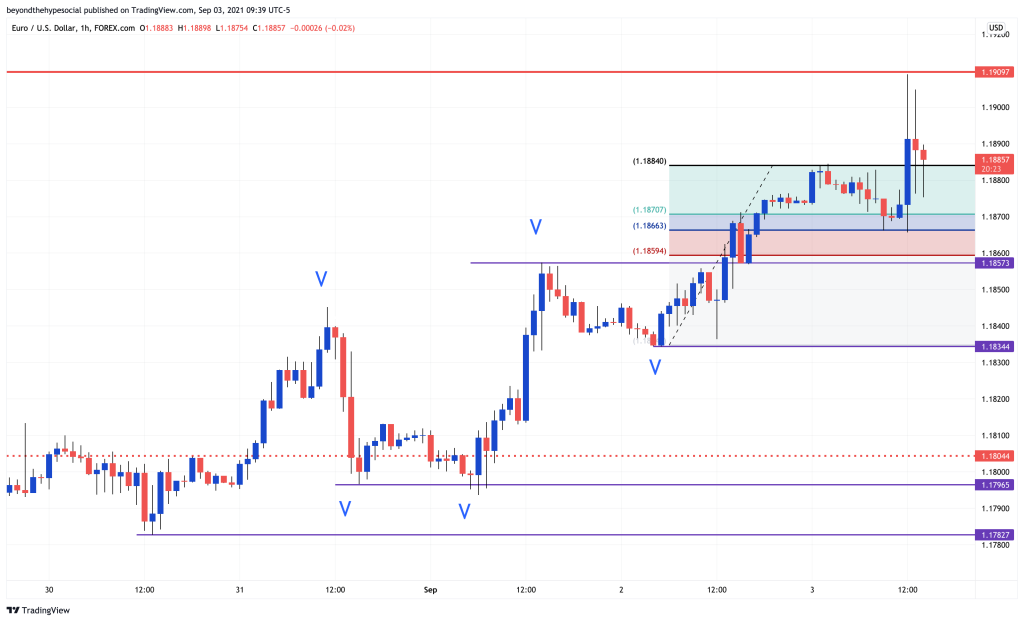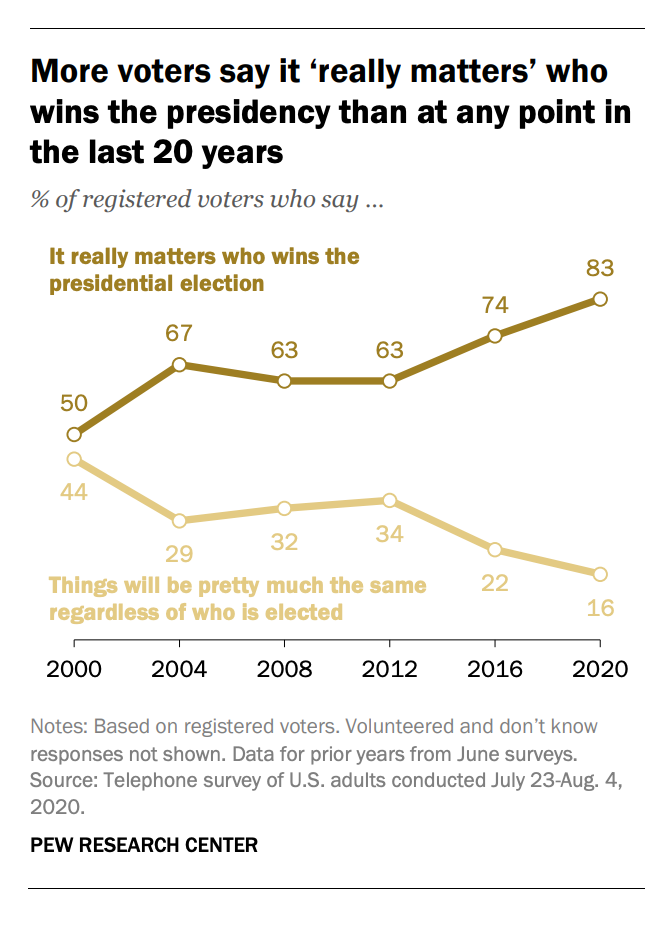Predictive Markets & Opinion Polling

Our Predictive Markets & Opinion Polling Opens on March 17, 2022
At Beyond the Hype, we are fascinated with the deep human drama of everyday existence. Financial markets, polling, and consumer choices provide ample and fertile ground for researching the human condition as expressed in public metrics. We persist in a never-ending quest for linkages between historical behavior and a predictive future. Our vigorous pursuit of objective truth in observable data makes Beyond the Hype different. Some might say odd. We prefer the term unique.
Why does that matter?
Case in point. Check out the chart below of the EURO-US Dollar crossrate (Quoted as shorthand of EURUSD) from 9-3-2021. Notice the redline at the very top of the chart. That red line at 1.19097 had been on my chart since 7-30-2021. The red line represented a forecasted level of importance. Market players would be resistant to pushing prices above the 1.19097 level. According to Beyond the Hype’s theory of human behavior, traders, speculators, and portfolio managers all possess a shared awareness of the 1.19097 level. After the US Employment report at 7:30 am, in heavy trading, the EUR/USD crossrate stopped dead at 1.19097, honoring the shared awareness I mentioned.

Forewarned of the value of 1.19097 in EURUSD trading, speculation becomes enlightenment.
What about public sentiment polling? Or put another way, what about trolling for your likes? That is another form of a predictive market.
Each of us is incessantly carpet-bombed with requests for our opinion in the form of questions. From the simple, “do you like this dress?” to “what do think of the new payroll system?” Watercooler talk is a running poll on office politics and sentiment. As social creatures, we crave the connection of gossip, rumor, and opinion. Our days are immersed in the intricacies of mirroring and mimicking those around us. It’s primal and evolutionary.
On a personal note, I didn’t wear that awful baby blue tux to my senior prom because I was channeling the debonair of James Bond. I dressed like my contemporaries at the time. Years later, embarrassed at my boot-licking crowd envy, I burned all evidence of my tasteless teens.
Big data interests have us all whoremongering for “likes” on social media. Our readers are always welcome to give us the serious creditability that comes with a social media thumbs up. But the real test of our rhetorical savvy is the continued investment of your time and attention by reading our posts. The internal metrics we gather are real-world feedback about the inquiring minds of our times.
Every four years, we are immersed in the battle for control of the big levers of power. The White House is up for grabs in a couple of billion-dollar fireworks displays. According to a Pew Research poll, the 2020 Presidential election mattered.
For the record, let’s demystify polling. The word “poll” literally means “scalp” or “head.” Back in the day, votes were taken by gathering people together and counting heads. The venue where the counting was done was called the “polls”.

The significance of polls is that we pay attention when we are told others are engaged and paying attention. We are social animals tending the hive. Interacting with others. Giving attention to the collective focus. Consequently, taking a poll to validate the importance of polling feels weirdly right.
Viciously heralding our vast advances in science and technology, we continue to be left with a media flooded with misleading polls. I am not the pundit throwing stones. It seems the America Association for Public Opinion Research (AAPOR) says a new report (106 Lucious pages) from their learned task force found that national polls overstated President Joe Biden’s lead over Trump by 3.9 percentage points. In state-level polls, it was 4.3 points. The worst error in 40 years.
In the era of the pride and prejudice of big data, the AAPOR report said the root cause of the chart-breaking error was “unsatisfyingly inconclusive”. That’s similar to your partner saying last night’s hour-long intimate congress was wildly unsatisfying. I see a lot of sweat and no equity. Not good.
Let me pin the tail on the donkey, if I may. Soliciting opinions is a tricky business. Poor and opaque polling questions aside, polls shape opinion more often than they measure it. How many items have you bought on Amazon with five stars? In the end, the item turned out to be just okay. I rest my case.
